Reading the poem “Why?!” by poet Nguyen Hong Vinh published in Cong Luan Newspaper recently, I thought of two stage plays “Dau Nga Oan” by Quan Han Khanh (China) and “Quan Am Thi Kinh” (Vietnam). Both of these plays talk about the immense injustice of women in the old society. Looking from the theory of modern cultural dialogue, these are voices in dialogue with oneself, with human fate, with society, with human life! Thi Kinh was kind, gentle and patient, but was wronged, and tragically wronged two or three times.
It turns out that in such a disaster-filled, contradictory, and irrational society, good people and goodness find it difficult to survive. Therefore, if we want good things and goodness to survive, we must change the way of looking, thinking, and living of that society. Thi Kinh's lament is not addressed to people, even the closest and most intimate ones, but to human fate, to the human world. Therefore, there is no response. But why does the whole village of Thi Kinh and Thi Mau only know how to "take advantage of contracts", and not care about reason: is the accusation correct!? The "officials", even the high-class, intelligent "take advantage of the imperial decree" officials, only need to see Thi Mau's "pregnant belly", without needing to "investigate", and just consider Thi Kinh as the "author"!? Because people are insensitive to human disasters! Is silence good?
And here are the words of the people of So Chau complaining to the judge Thien Chuong in "Dau Nga's injustice": "We know that Dau Nga is wronged, but we are afraid of the power of that corrupt official, so we can only hold our grudges and dare not speak out. We did not harm her, so why must we suffer from drought for these three years?" The answer of the judge Thien Chuong is also the words of justice: " Knowing clearly that Dau Nga is wronged, yet not speaking out for justice, that is unjust. Those who collude with corrupt officials and do not save good people are inhumane. Heaven has eyes. Natural disasters and man-made calamities are to punish the inhumane and unjust!" These words are also the words of truth and morality!
Based on that approach, to me, the poem “Why?!” by Nguyen Hong Vinh is a poem with profound ideological meaning, mentioning seemingly normal phenomena, but in fact very abnormal in the face of many phenomena worth pondering in the market mechanism era.
The poem is based on the question "Why?". So, these two words are repeated 8 times, because it is a question for everyone: Why is it like that? A cognitive question of the most universal scope. Answering that question is the result of the process of cognition, analysis, and experience to get closer to the truth. The first stanza is the perception of the unnatural law that will govern and influence the laws of human life:
Why was the autumn sunshine so beautiful yesterday afternoon?
Suddenly at night the storm broke branches and chopped leaves.
Blocking the way for many people to pass by
Children late to school crying?!
The following three sufferings are things that go against the laws of love life:
Why when I see you, I absentmindedly look away?
Mumbling something in the rustling of falling leaves
Alone, he was absent-minded under the red banyan tree!
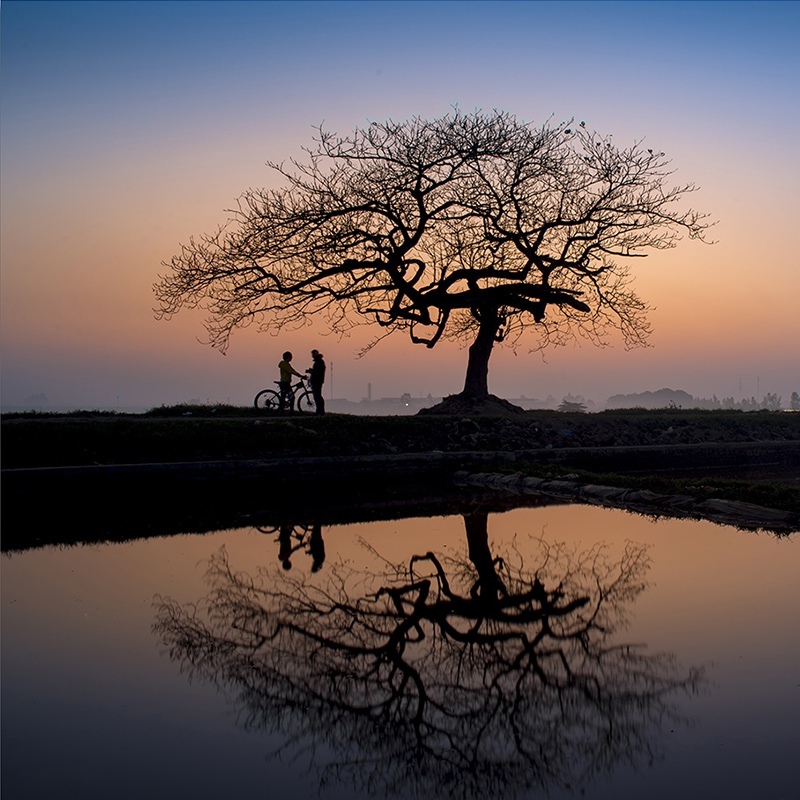
The poem I just posted
Has a funny name:
"I don't understand why!"
Praise my poetry with a long article in the newspaper?!
He wrote to her:
“Why and why?”
The question goes on and on.
The answer to life never stops
It turns out that “you” are a poet, meeting “him” is just a “form”, a “shell”; as for the “core”, the inner spirit, “you” write poetry. The poem “you” wrote is also a perception of “him” with the title “I don’t understand why!”. Perhaps it speaks for the feelings of many people so the poem is praised?! In turn, “he” is also surprised “ Why and why?” before countless natural and social phenomena that occur, pushing human fate to confusion and deadlock, of which the phenomenon “ meeting him, I absentmindedly looked away”, is a typical example?!
Therefore, “Why” is no longer a question of love or for love, but for all: “ The answer of life never stops”!
For the lyrical character, "he" himself explains "why" like that:
At night, I "decode" myself:
Maybe the WHY makes the DIFFERENCE
I like writing poetry
He is into novels again.
I want to travel to the beach
And he headed up to the plateau…
A very “globalization” explanation is due to “difference”. And difference is inevitable, so “why” is an eternal question. But perhaps the following reflection is the essence of the problem:
But, perhaps, that is just a fallacy.
For the deepest is true love
When two hearts do not belong to each other
Because there is no sharing, no harmony…?!
But “globalization” must also be based on “seeking common ground while preserving differences”, that is, moving towards the common good while still preserving our differences. Should love be like that too?
The author does not answer affirmatively, but leaves that right to the reader. That is the way to have a respectful dialogue, to find the truth together!
Therefore, the last two stanzas are the purpose of the poem around the phenomenon and nature of nature and society:
The storm passed
Calm river silt
Smooth rice fields
The sky is so high and blue
Flap the kites that were once imprisoned!
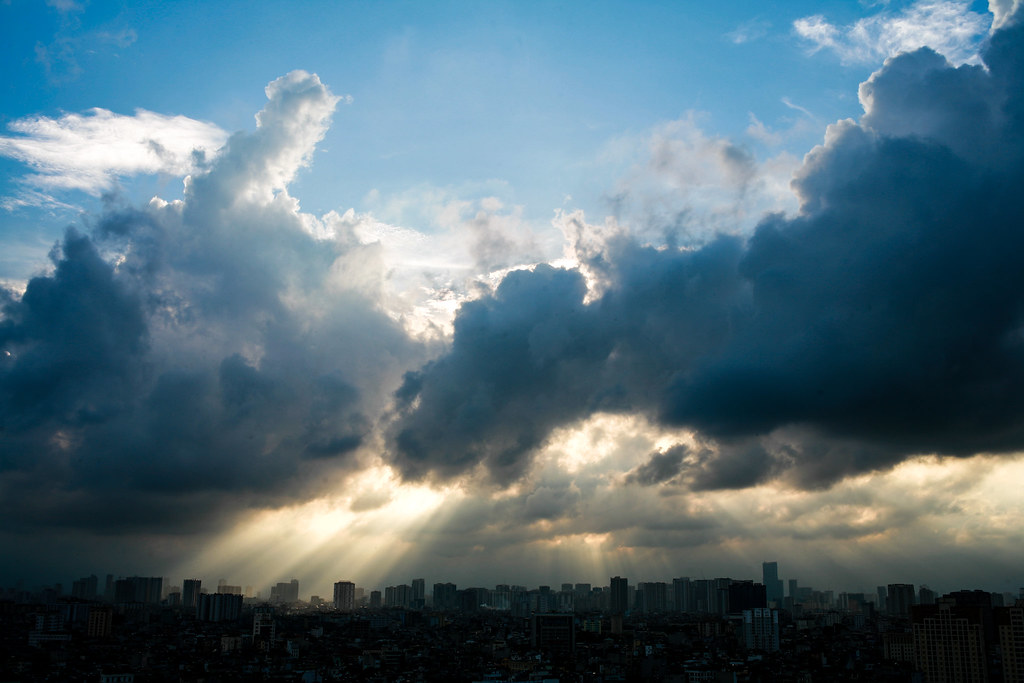
That is the law of nature: the storm stops, the sky shines with sunshine! And “she” later understood the pain caused by humans:
People make each other suffer more
The Good is drowned
Evil prevails
Malicious rumors spread
Crazy lies
Many people choose to remain silent.
The question WHY just keeps going on and on!”
True philosophy often emerges from the contradictory categories and concepts of philosophy. Only then can philosophy be profound. The above opposing categories (Generosity/Cruelty; Good/Evil) themselves speak of the contradictions of both nature and society. Why? That is also a philosophical question, because: “ Many people choose to remain silent”!
If in the past, because "Many people chose to remain silent", there were terrible injustices like Dau Nga and Thi Kinh that weighed heavily on the hearts of humanity, then is it still the same today?
Poetry leaves an impression thanks to its ideological level. In my opinion, Nguyen Hong Vinh's poem "Why?!" is good at the ideological level because it contributes to changing the perception of many people in today's civilized society. " Silence is golden" - a Western proverb says so. But it is to talk about people who are open-minded, who know how to be silent to acquire knowledge, to learn, to listen, to reflect, to find useful lessons for themselves. That belongs to the field of ethics. But if you remain silent in the face of bad habits and evil, you are complicit; and gradually you will become an "ally" with bad and evil. " The Good is drowned/Evil prevails/Vile rumors spread/Falsehood and madness".
Faced with such a chaotic and contradictory phenomenon, people need to show their indignation, cultivate the Good, and repel the Evil. That is the way to contribute to the health of society, to purify human love and life! The key point of the poem is that message, evoking the civic responsibility and duty of the reader, contributing to making life and human love more beautiful, creating self-motivation to overcome all barriers, and pushing society forward.
In that sense, the poem is a voice of dialogue with us and society.
Hanoi , October 10, 2024
Associate Professor, Dr. Nguyen Thanh Tu
Source: https://www.congluan.vn/mot-bai-tho-gop-suc-giai-ma-mot-cau-hoi-thuong-nhat-post316276.html




![[Photo] Prime Minister Pham Minh Chinh chairs meeting to deploy overcoming consequences of storm No. 10](https://vphoto.vietnam.vn/thumb/1200x675/vietnam/resource/IMAGE/2025/10/3/544f420dcc844463898fcbef46247d16)

![[Photo] Students of Binh Minh Primary School enjoy the full moon festival, receiving the joys of childhood](https://vphoto.vietnam.vn/thumb/1200x675/vietnam/resource/IMAGE/2025/10/3/8cf8abef22fe4471be400a818912cb85)

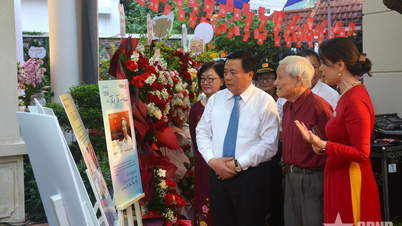

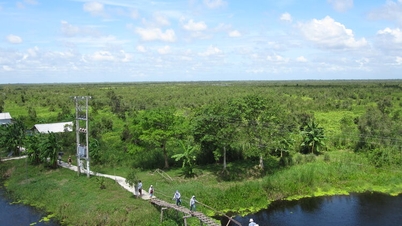




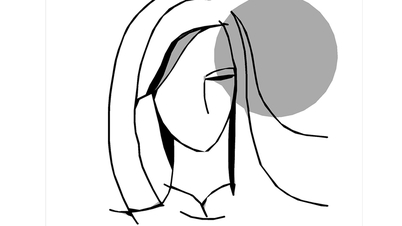


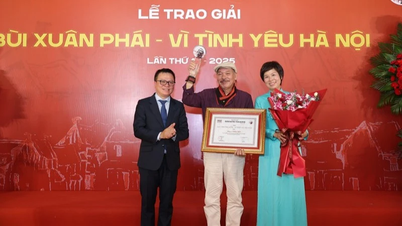

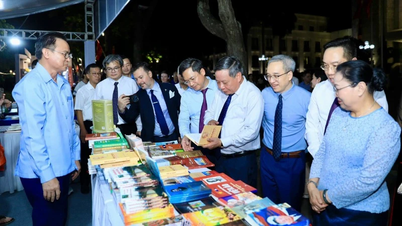

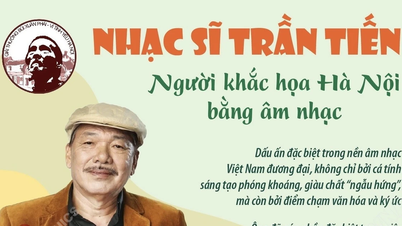

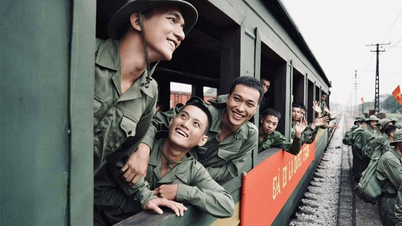

































































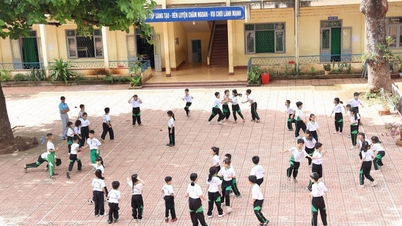
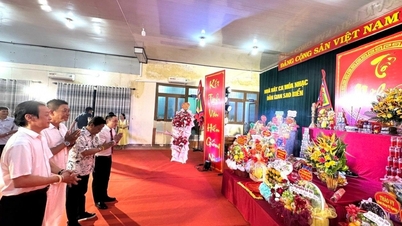












Comment (0)